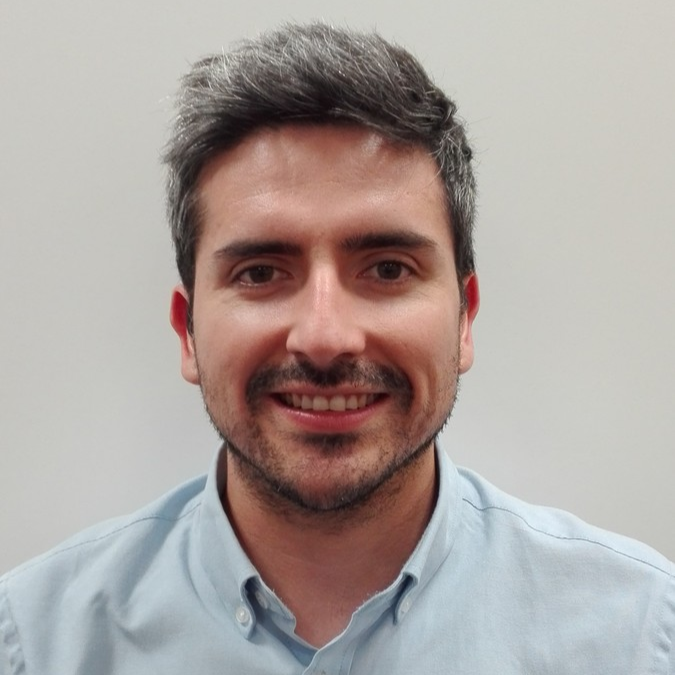Greetings!
The 2024-2025 academic year marks seven years since the Cochlear Center for Hearing and Public Health began with the broad mission of training a generation of clinicians and researchers to study the impact of hearing loss on older adults and public health. This Annual Report captures highlights of our work during this academic year, including:
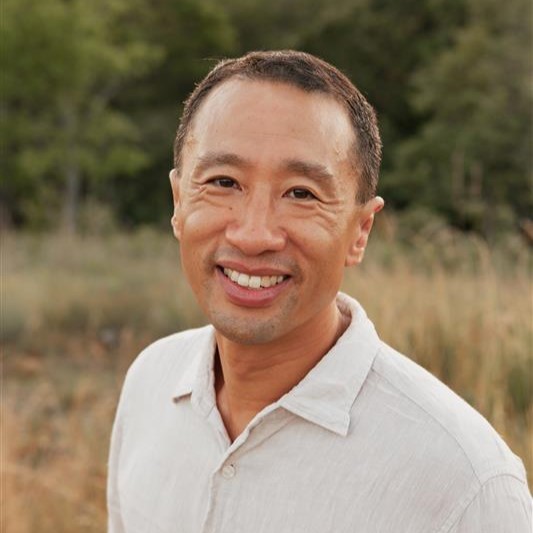
- Research that builds on two studies’ initial findings to explore the impact of hearing intervention on brain health, physical function, and mental health and well-being, and to test scalable solutions for improving access to hearing care.
- Launch of the Johns Hopkins Bloomberg School-branded Hearing Number app, a key component of the larger Know Your Hearing public health campaign aimed at establishing the Hearing Number as a universal, neutral metric to understand and talk about hearing.
- Training programs, events, and learning opportunities that have now connected hundreds of students, clinicians, and researchers around the world with the work of studying the importance of hearing to public health.
Even as we celebrate our Center’s accomplishments, this has also been a year that research institutions face new uncertainties, navigating ever varying changes to federal policies.
While the Center’s diverse funding tempers some of our exposure, we feel the pervasive uncertainty. As I described in this piece in the Johns Hopkins University “Hub,” the unique partnership between the federal government and research universities made America a place everyone wanted to do research. We are less confident now in things that used to be sure.
Still, we carry on. Thank you for your interest and support. I hope you will join me in celebrating our growth and the success of the year.
Frank R. Lin, MD, PhD, Director, Johns Hopkins Cochlear Center for Hearing and Public Health

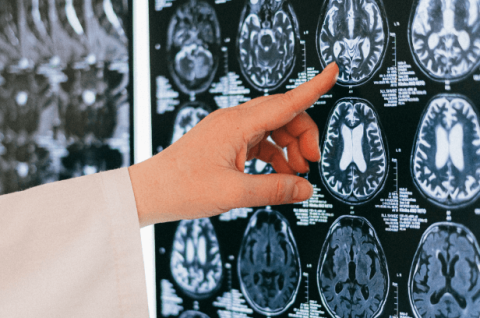
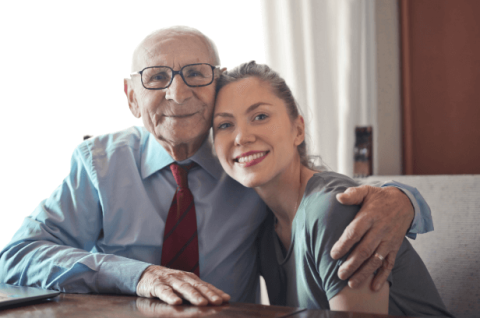
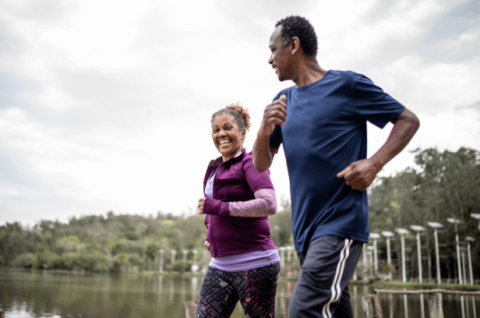
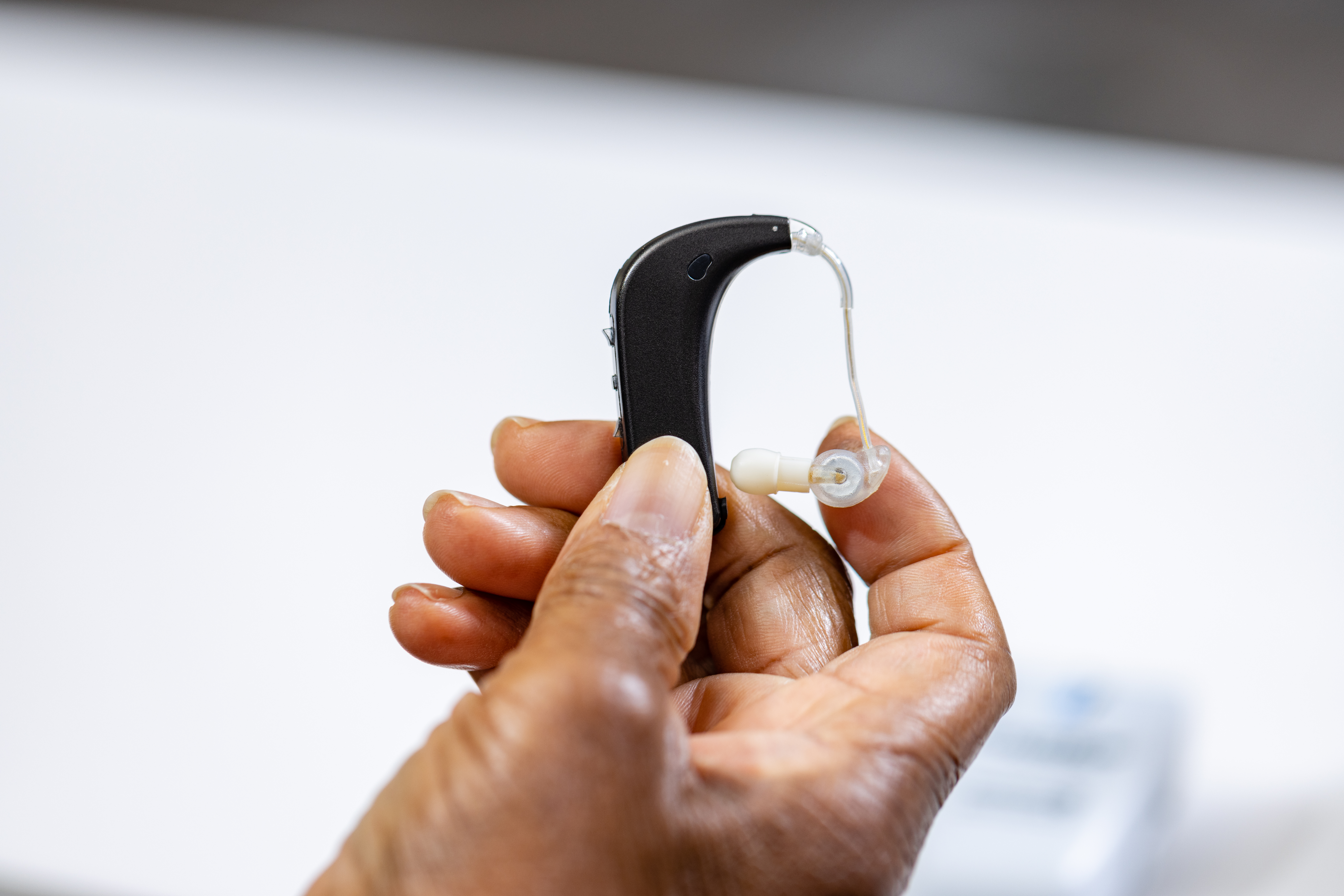

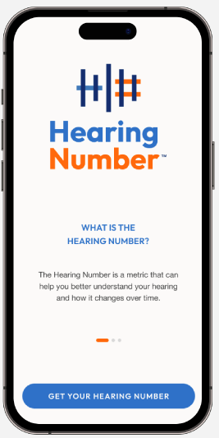
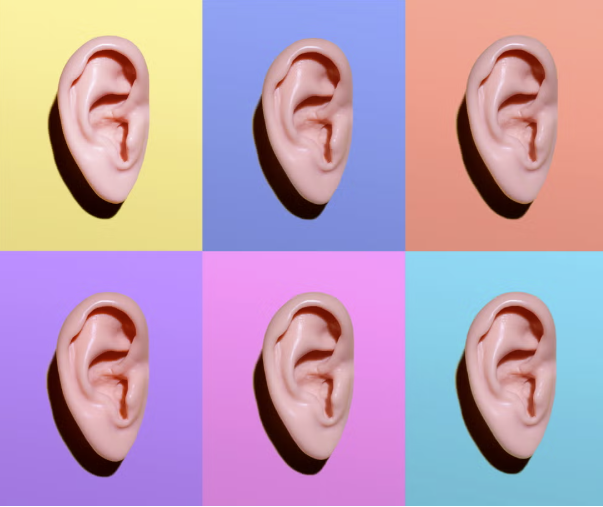

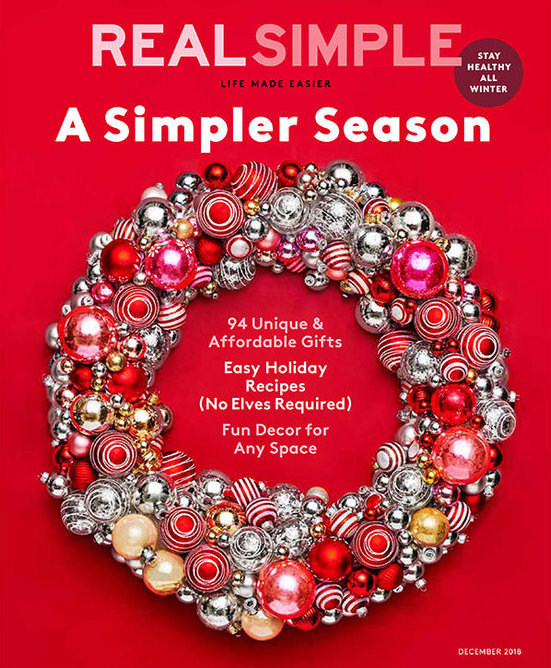
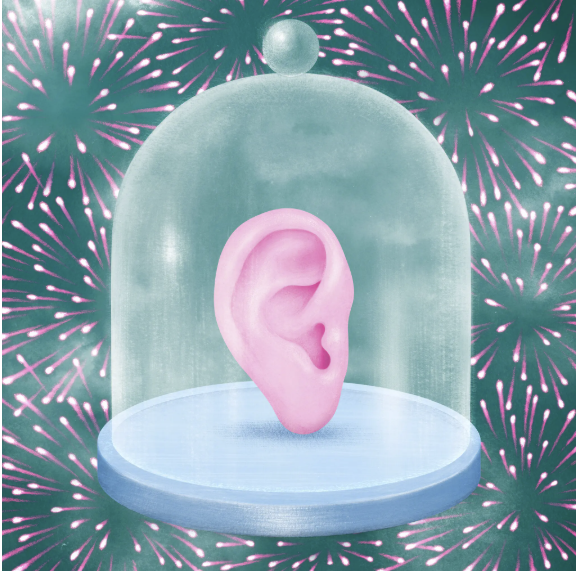
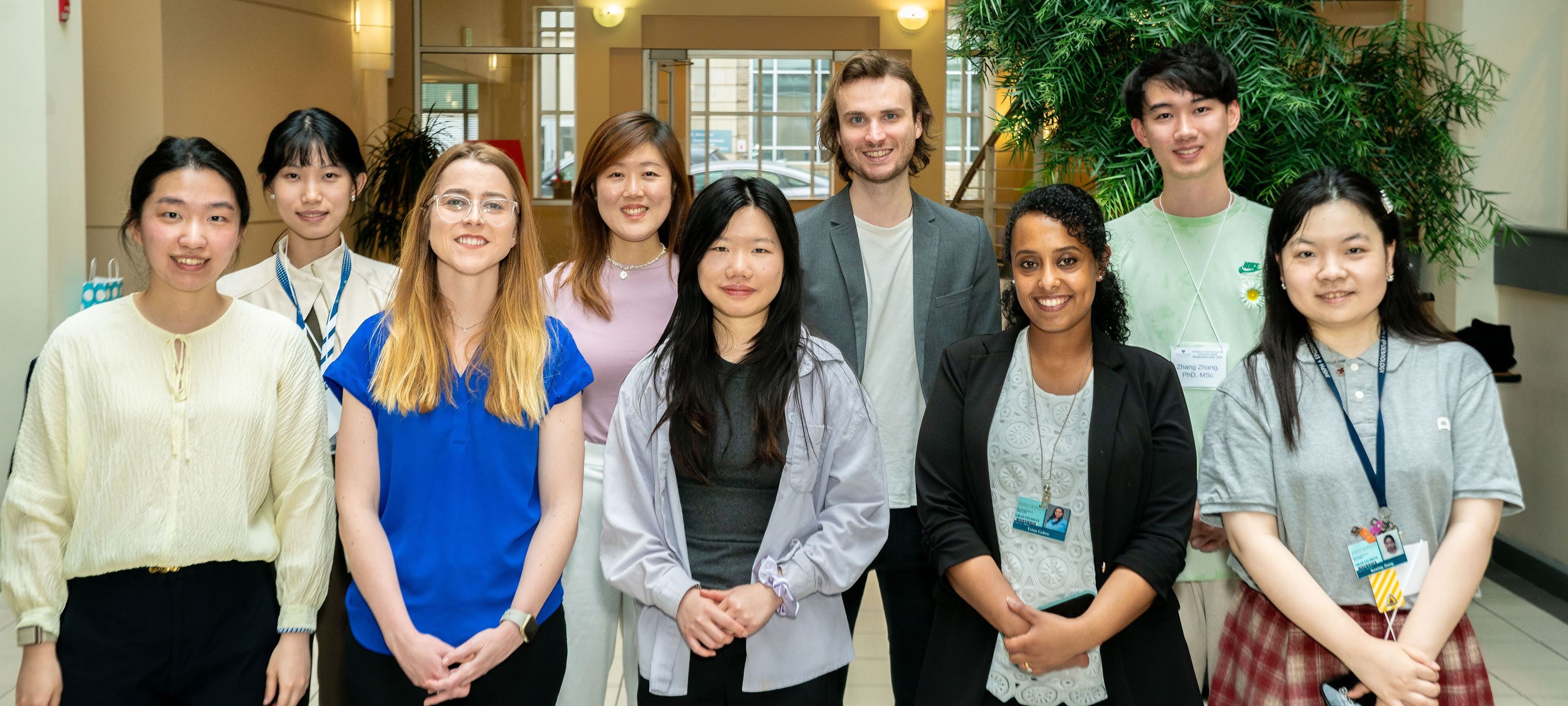
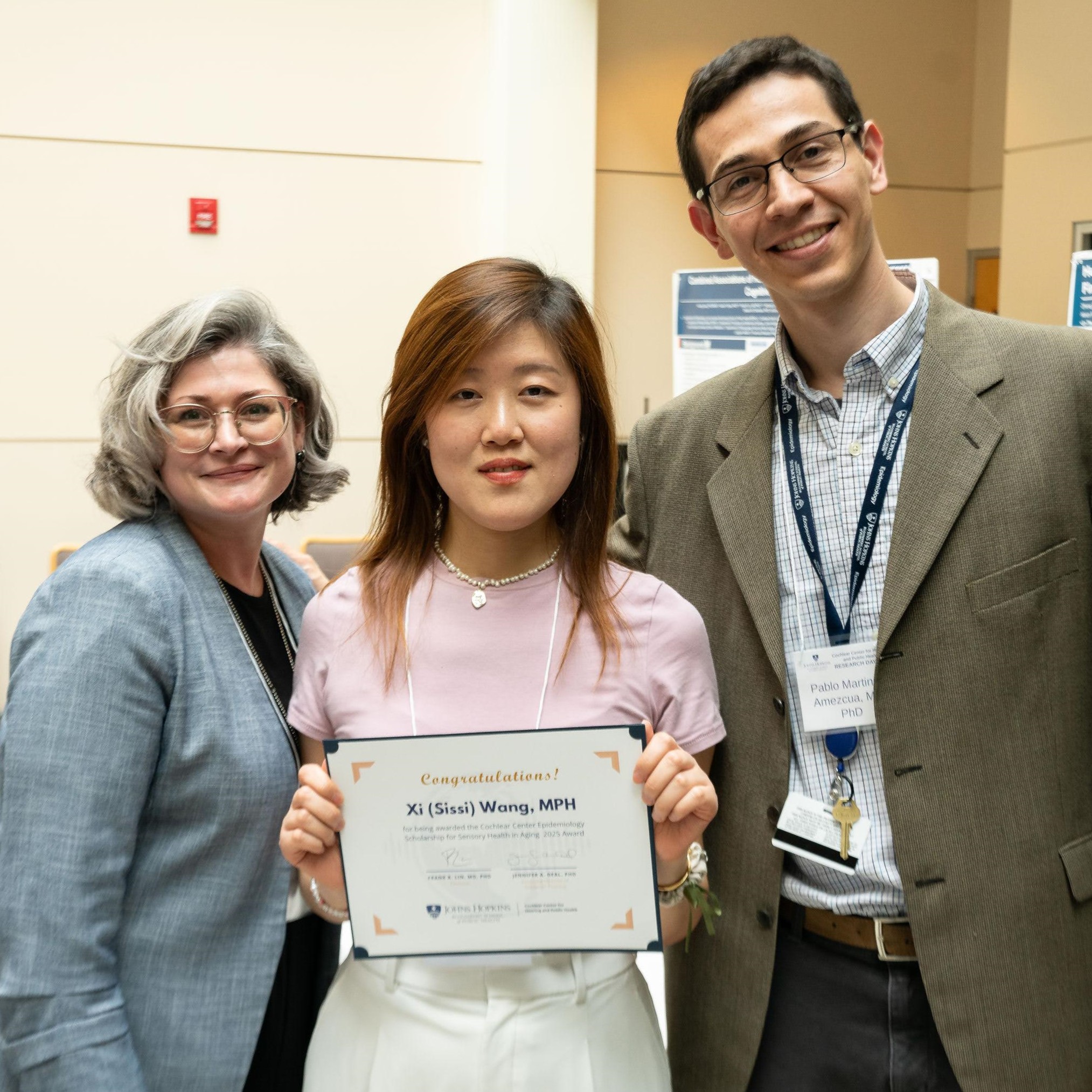


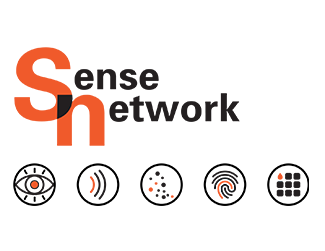 consortium that meets quarterly to collaborate on research examining the role of sensory functioning - vision, hearing, olfaction, touch, and taste - on health and aging with the goal of accelerating research in this area via new collaborations and generating tangible scientific studies. Working groups within the Sense Network focus on deliverable goals such as white papers or conference abstracts geared toward a specific topic.
consortium that meets quarterly to collaborate on research examining the role of sensory functioning - vision, hearing, olfaction, touch, and taste - on health and aging with the goal of accelerating research in this area via new collaborations and generating tangible scientific studies. Working groups within the Sense Network focus on deliverable goals such as white papers or conference abstracts geared toward a specific topic. 